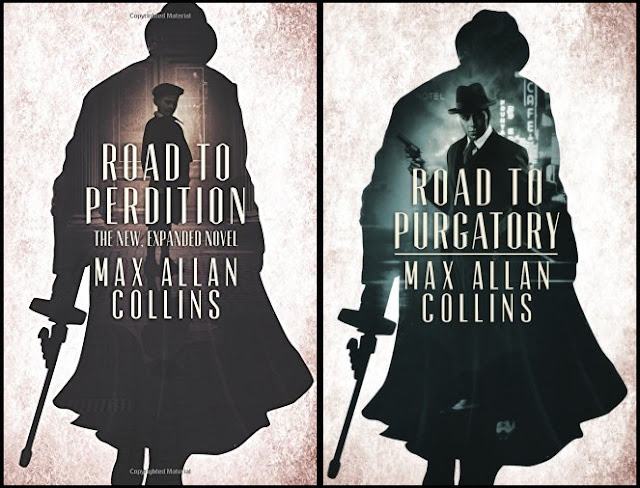Mickey Spillane's books sold thousands of copies and went deep into new printings. His work is less artful than it is violent and wild. If you like private detective stories this is one writer you need to become acquainted with. He was also prolific.
The comic company DC had an imprint called Vertigo for its especially dark adult oriented work. They created a subimprint called Vertigo Crime, and the books have a look, a feel and taste of quality. The house style placed upon generally superior works by excellent writers allowed each of the books rise above the level of quality most publishers achieve on their best days.
Brian Michael Bendis is among my favorite writers of comics, in general, and with his crime comics quite specifically. He seems to understand that true dialogue and human emotions play a part in the verisimilitude of any work. His crime stories are powerful, and occupy a place between true crime depth, and action and violence worthy of the pulp hard boiled detective it shares a genre with.
Steve Niles is a horror writer who has a character, Cal McDonald who is a nexus for strange things, drugs, violence and darkness. Niles is among my favorite writers, and his three novels about Cal McDonald have been read by me numerous times. They are not for the faint of heart, but they are worthy of your time.
Max Allan Collins has written comics and books, and I like his work, but his particular niche of detective stories are born from the pulp crime he obviously has read. They are easily read, and each work moves along quickly. Dick Tracy, by Collins is a very entertaining figure, and he captures perfectly the era from which he birthed.
Here are more books to pursue.



















No comments:
Post a Comment